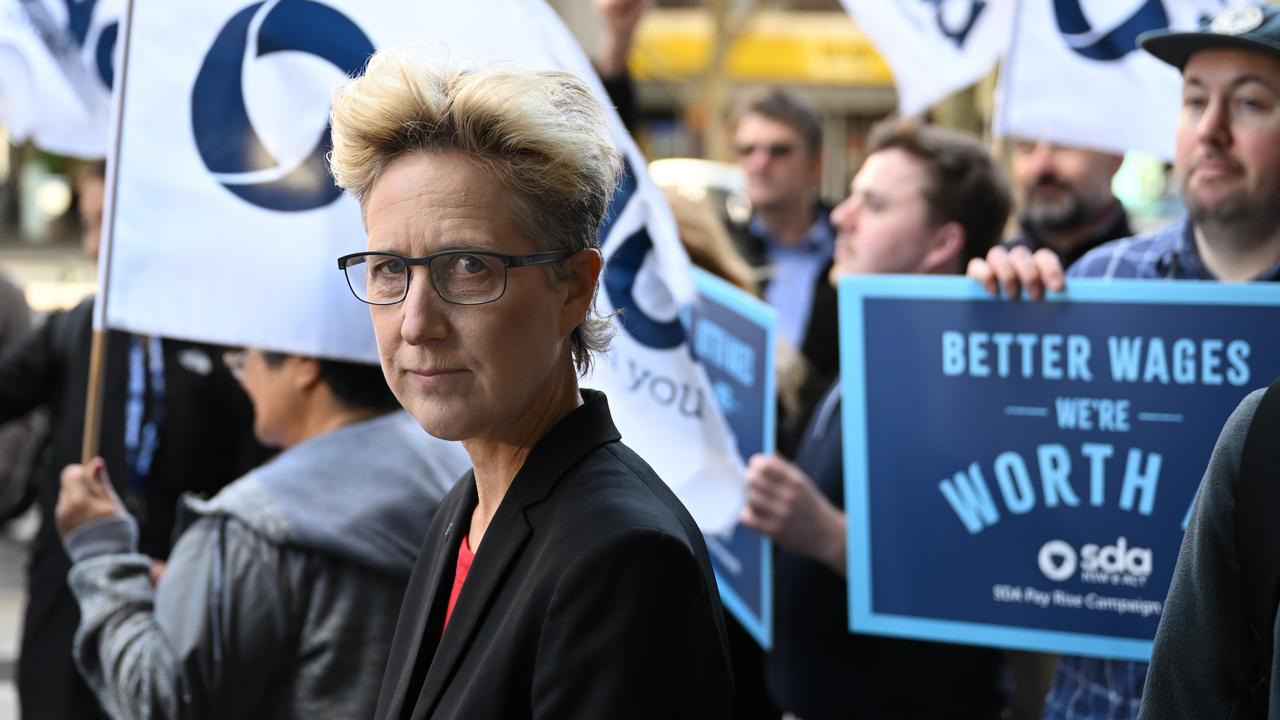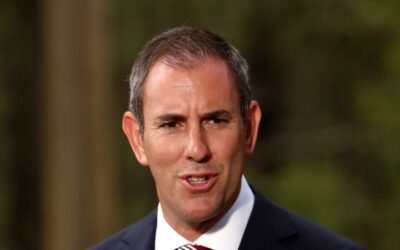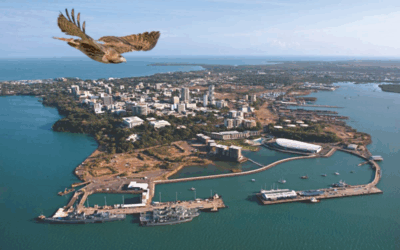Having worked as a delivery driver at Pizza Hut, as a cleaner, in a newsagency and at a call centre, Sally McManus used to depend on an award wage.
Now, the 53-year-old firebrand leading Australia’s top union body is calling for a 4.5 per cent pay rise for nearly 3 million workers who live pay-to-pay on an industry award or minimum wage.
The Fair Work Commission will on Tuesday release its annual wage review decision.
Ms McManus says it’s essential the nation’s lowest-paid workers receive a pay rise above inflation.
“It’s about whether you can keep up with your bills or not, it’s whether or not your life gets slightly better, whether it stays the same or whether it goes backwards. It’s everything,” she tells AAP.
“When you’re on those wages, you’re not saving money. Everything you earn, you spend.”

In its submission to the commission’s review, the Australian Council of Trade Union argues the industrial umpire must deliver a pay bump substantially higher than the inflation rate to address years of workers falling back in real terms.
Ms McManus says this won’t be to the detriment of the broader economy.
While the consumer price index is at 2.4 per cent, the Reserve Bank predicts prices will rise by 3.1 per cent over the year to June 2026 – the period covered by the wage decision – as government energy subsidies wind up.
Productivity growth in the sectors that dominate industry award coverage, such as hospitality and retail, is up 1.2 per cent, allowing extra value to be passed onto workers, Ms McManus argues.
And that extra 0.2 per cent? Catch-up for wages growth falling significantly below soaring inflation since 2019.
“The commission previously has said, ‘yes, these workers need to catch up, we’ve just got to wait for the right time’. We say now is the right time,” Ms McManus says.
A wage rise of 4.5 per cent would be a sizeable advance on the 3.75 per cent increase the commission handed down last year.
Employer groups warn businesses are struggling to get by and a pay rise of that scale, on top of a legislated increase to mandatory superannuation contributions coming into effect, would force many to lay off staff or shut their doors.
The Council of Small Business Organisations Australia, which represents smaller employers like cafes and restaurants that are particularly sensitive to changes in award wages, has argued for a rise of 2-2.5 per cent.
Anything more “would place unsustainable pressure on small businesses, potentially leading to reduced employment opportunities, business closures, and broader economic harm,” the council argued in its submission.

But Ms McManus says businesses are struggling because consumers aren’t spending enough money, not because wages are too high.
A real pay rise for low-paid workers would boost their disposable incomes and revenues for businesses that depend on their money coming through the till, she says.
The federal government has split the difference and called for a “sustainable” wage rise above inflation that would not harm the economy, without nominating an exact figure.
Economists will be watching the decision closely in the context of the Reserve Bank’s interest rate rhetoric.
An increase substantially higher than expected could cause the central bank to re-think its forecast for wages growth, given the breadth of workers covered by awards.
An increase of 3.5 per cent – about midway between union and employer demands – would give workers a real wage rise, but not so high as to add to the risk of a wage price spiral, says AMP chief economist Shane Oliver.
Australian Associated Press is the beating heart of Australian news. AAP is Australia’s only independent national newswire and has been delivering accurate, reliable and fast news content to the media industry, government and corporate sector for 85 years. We keep Australia informed.





